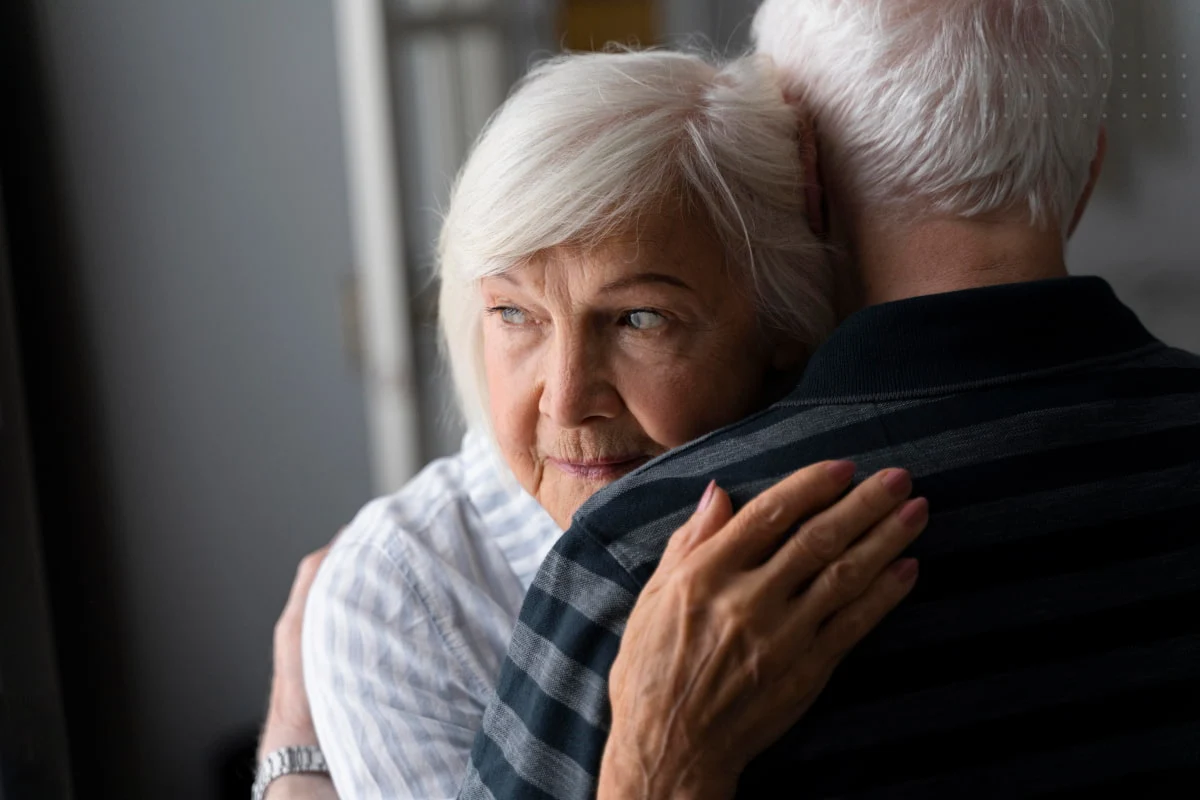

View Topics

Caring for a parent at home can be both challenging and deeply fulfilling. As your loved one’s cognitive abilities evolve, your caregiving approach must adapt accordingly. In this guide, we will delve into vital tips and strategies aimed at ensuring the highest level of care for your parent coping with dementia at home. Navigating the…

When it comes to a disease like Alzheimer’s, there is no one-size-fits-all diet cure for treatment. And what works for one person may not work for another. However, some general dietary guidelines can help reduce the disease’s risk. Remember, changing your diet is only one part of an overall plan to reduce your risk of…

If a loved one has been diagnosed with dementia, knowing how best to care for them can be challenging. One common problem is making sure there is enough nutritious food. If you are caring for a loved one with dementia, you may have noticed that their eating habits have changed. They may no longer be…

Anility is a progressive decline in cognitive function affecting memory. It reasons that daily life poses a significant health challenge globally. Identifying risk factors is essential to knowing the complex interaction of elements. They contribute to its occurrence. Dotage is not solely an inevitable consequence of aging. Instead, it arises from many factors that intersect…

Brain activities can frequently assist dementia patients in keeping their thoughts engaged and working. Several sorts of workouts might be helpful, and selecting the ones most effective for each individual is critical. Some activities may be more beneficial, so you should experiment to find what works best for you. This blog article will explore some…

Memory loss is a common complaint when the patient is being examined for the first time. It can happen at any age, but the elderly experience it the most frequently. In some cases, the patient’s loved ones are more concerned about their memory loss than they are. Because memory loss or deterioration is a significant…

Caring for Alzheimer’s patients requires an empathetic and nuanced approach. It should extend beyond routine caregiving. The prevalence of this disorder continues to rise. So, comprehending and implementing practical techniques become imperative for both healthcare professionals and family members alike. With this guide, we aim to improve the quality of care. This multifaceted endeavor requires…

Many people mistakenly confuse dementia and Alzheimer’s, thinking they are the same thing but are not. Among the main differences between these conditions, experts note that, unlike dementia, in Alzheimer’s disease, symptoms begin slowly and develop gradually, memory loss is the main consequence of this disease, and the life expectancy of a patient with this…

Embarking on the journey of supporting a person with dementia demands knowledge, compassion, and practical methods. In this guide, we will explore essential ways to provide assistance to individuals facing the challenges of this disorder. Dementia is a condition affecting memory, cognitive function, and daily life. It can be overwhelming for both the one facing…

Scientists have developed balanced diets that include healthy foods to help slow down or even prevent the onset of dementia and Alzheimer’s disease. However, the composition of the diet should take place strictly under the supervision of a specialist after the examination. The Mediterranean and MIND diets are the two best diets to help prevent…